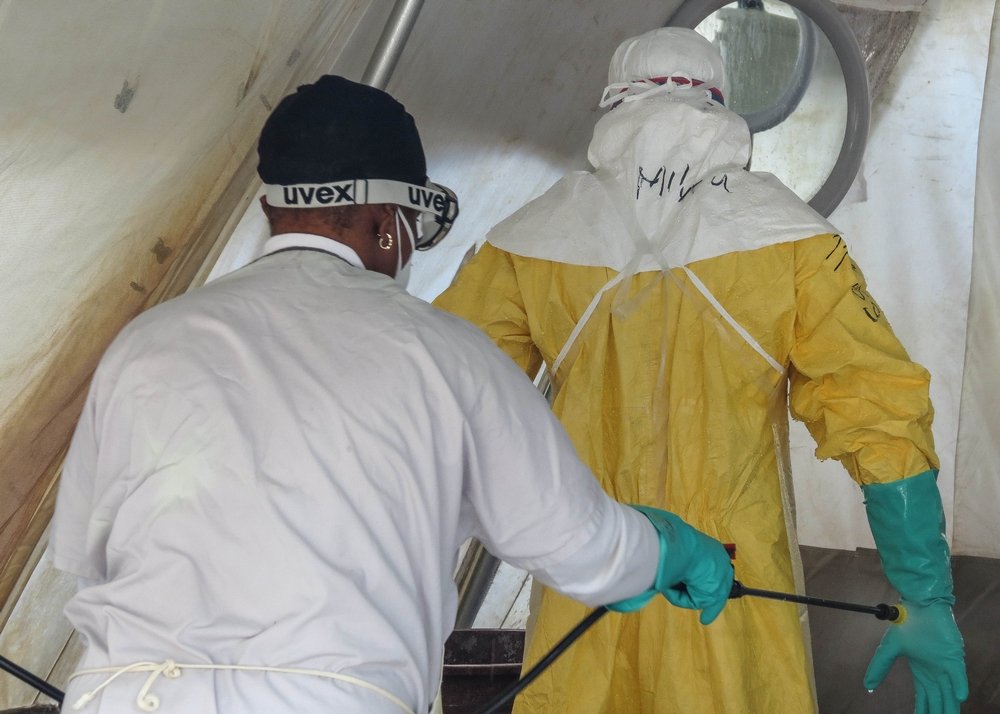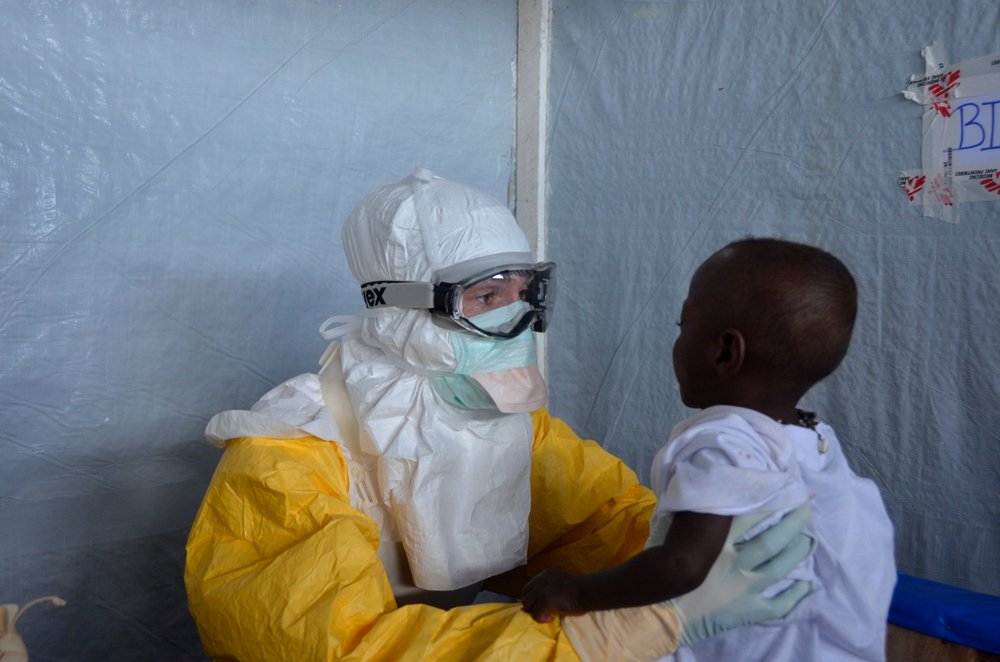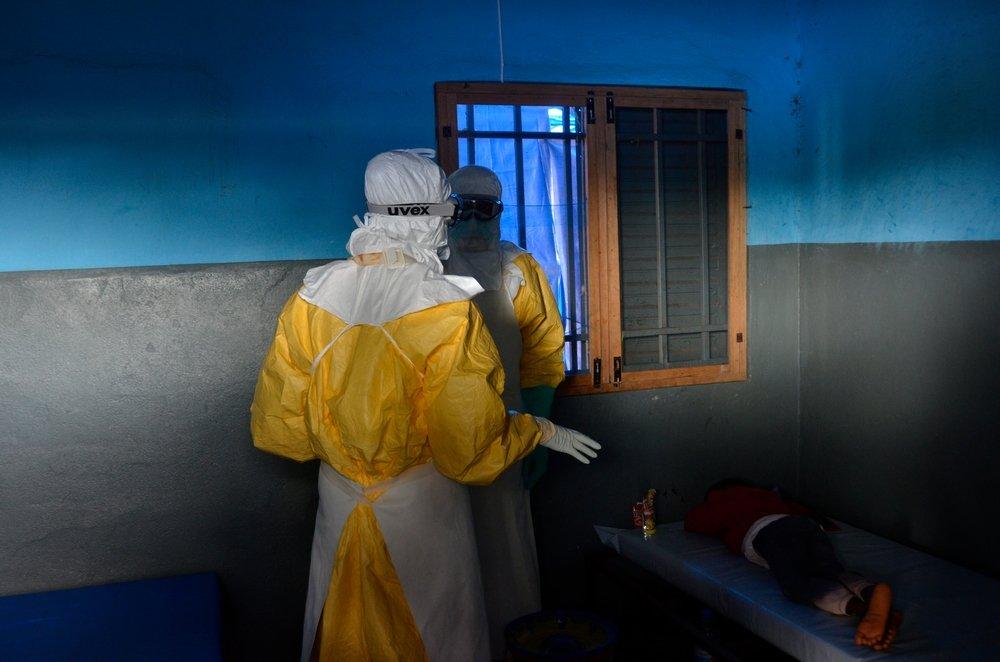
Johannesburg – Returning from Ebola - gripped West Africa, four fieldworkers from Doctors Without Borders (MSF) today described their experiences and reached out to South Africans calling for their support. To date, 18 MSF SA fieldworkers have been assigned to work in West Africa as part of MSF’s international Ebola response.
“In Monrovia we set up the world’s largest Ebola isolation ward, eventually expanding it to 220 beds,” said Jens Pedersen, who worked as a medical team leader in Liberia.
“Immediately we were overwhelmed as we could simply not keep up with the demand. The toughest decisions were those about turning away people who were showing signs of Ebola because our beds were full.” Since the start of the outbreak in Guinea in March 2014, MSF has been responding to the growing Ebola crisis in West Africa and remains the primary international medical organisation fighting the disease".

To date MSF teams have treated 2,473 confirmed cases of Ebola. Among them 917 people have survived. Today, 3,000 MSF staff provide care to nearly 700 people showing symptoms of Ebola in Guinea, Liberia and Sierra Leone.
Dr Juli Switala, a paediatrician who had being working in Bo district, Sierra Leone, since May described the intense underlying medical emergency currently obscured by the Ebola outbreak.
She explained that nearly all Sierra Leoneans will suffer an episode of malaria each year, malnutrition is common and maternal and child mortality rates high. With impassable roads and suspicion toward health services, patients arrive very late and in a weakened state.
“Some hospitals are abandoned by staff and patients for fear of Ebola. We kept on working, but the risk of Ebola transmission during emergency births where there is bleeding, is high. Consequently our team had to take the tough decision to limit or stop doing some life-saving activity because of risks related to Ebola infection,” says Switala. “Without these services it leaves pregnant women at much higher risk of succumbing during birth.”
“Ebola has also meant our team had to make the toughest decision yet: to stop resuscitating children because the risk is too great of a potentially Ebola sickened child’s vomit or saliva infecting the few nurses and doctors. We have to beat Ebola first before we can get back to dealing with the massive health problems.”
Dr Stefan Kruger, who worked Sierra Leone’s Ebola epicentre, Kalaihun during August, returns there this week. “MSF is doing what it can, but we are being stretched to our limits. For me, going back isn’t a tough decision at all. In many places up to now, if MSF wasn’t here, there’d be nothing – for me that’s reason enough.
Dr Kruger appealed to South Africans to support MSF’s work in fighting Ebola: “Anyone can help. Simply SMS ‘JOIN’ to 41486 to donate R15 per month. Or to donate whatever amount you want visit www.decidetodonate.co.za.”
TO DONATE & SUPPORT THE WORK OF DOCTORS WITHOUT BORDERS:
- SMS “JOIN” to 41486 to donate monthly R15
- Donate online, visit www.decidetodonate.co.za
For more information visit www.msf.org.za/ebola
ABOUT DOCTORS WITHOUT BORDERS (MSF)
- Doctors Without Borders (MSF) provides medical aid where it is needed most. Independent. Neutral. Impartial. Made possible by ordinary people supporting extraordinary medics.
- Since 2008 over 22,000 South Africans have supported MSF as donors, the majority of them giving regular monthly donations.
- From 2010 to 2012 the number of medics and other professionals recruited as fieldworkers by MSF SA increased fivefold. In 2014 alone, more than 70 fieldworkers have been deployed to South Sudan, Pakistan, Afghanistan and most recently West Africa to support the fight against the devastating Ebola outbreak. The vast majority of them (79%) are medical or paramedical professionals from Southern and Eastern Africa.
Find out more about MSF
